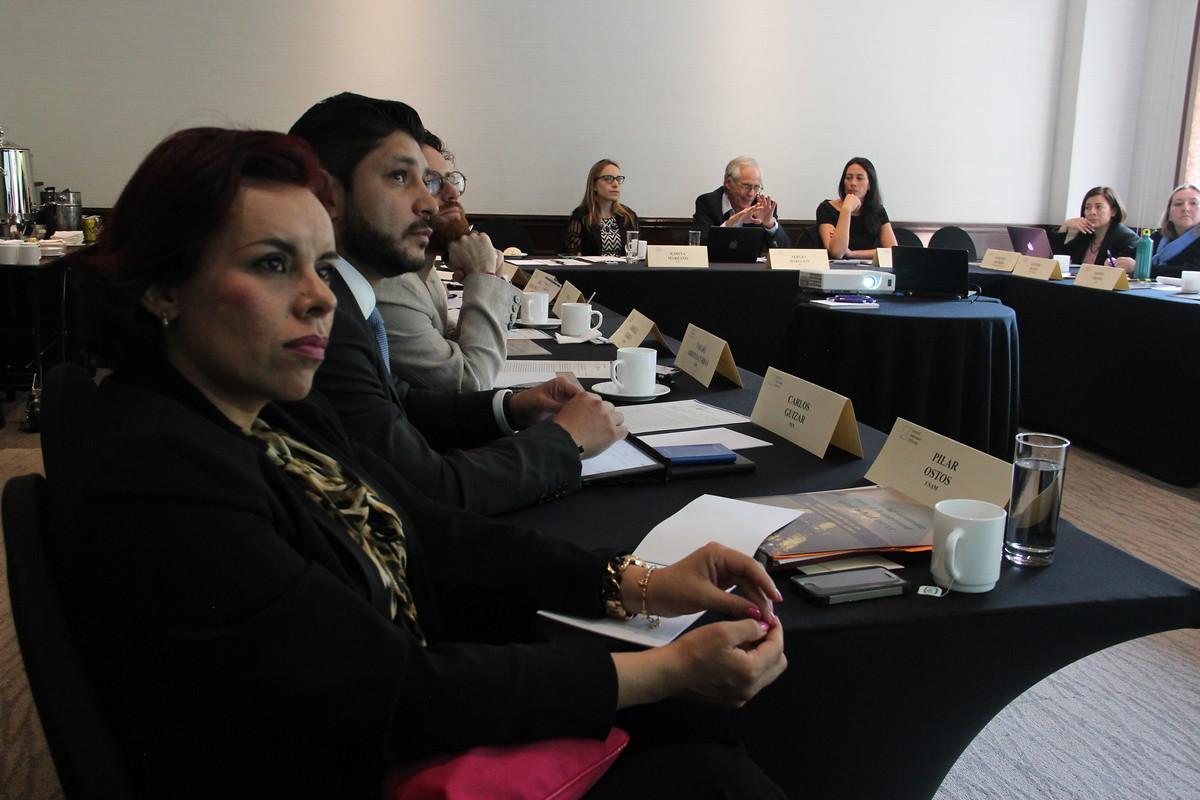Event reports
The main focus of the workshop is the political decision-making process in megacities and the harmonization of Nationally Determined Contributions (NDCs) with Urban Climate Plans. Objectives, data and indicators at national and local level should be coordinated.
Mexico was the first developing country to present its NDC to the United Nations Framework Convention on Climate Change. The federal government built the contributions based on the update of the National Inventory of Greenhouse Gas Emissions of 2013, and the commitments adhere to the objectives, instructions and priorities established in the General Law of Climate Change of 2012.
The Mexican NDC contains mitigation and adaptation commitments. The mitigation component provides for unconditional measures (which the country can afford from its own resources) and conditional measures (requiring the establishment of a new international climate change regime in which Mexico could obtain additional resources and achieve effective mechanisms for technology transfer).
Sérgio Margulis (IIS) presented, at the beginning of the workshop, the case study of Mexico City. The Mexico City Climate Action Program 2014-2020 is currently in force, a planning tool that integrates, coordinates and promotes actions to reduce the environmental, social and economic risks associated with climate change, building on the achievements of the previous program (PACCM 2008-2012). In this sense, Mexico City occupies a position of leadership and vanguard.
In the course of the workshop, the invited experts discussed openly and dynamically the issues of how well coordinated climate action plans in cities are with NDCs and how institutions, governments, civil society and the private sector can help in the implementation of commitments.
The next workshops of this series will take place in Argentina and Brazil.




